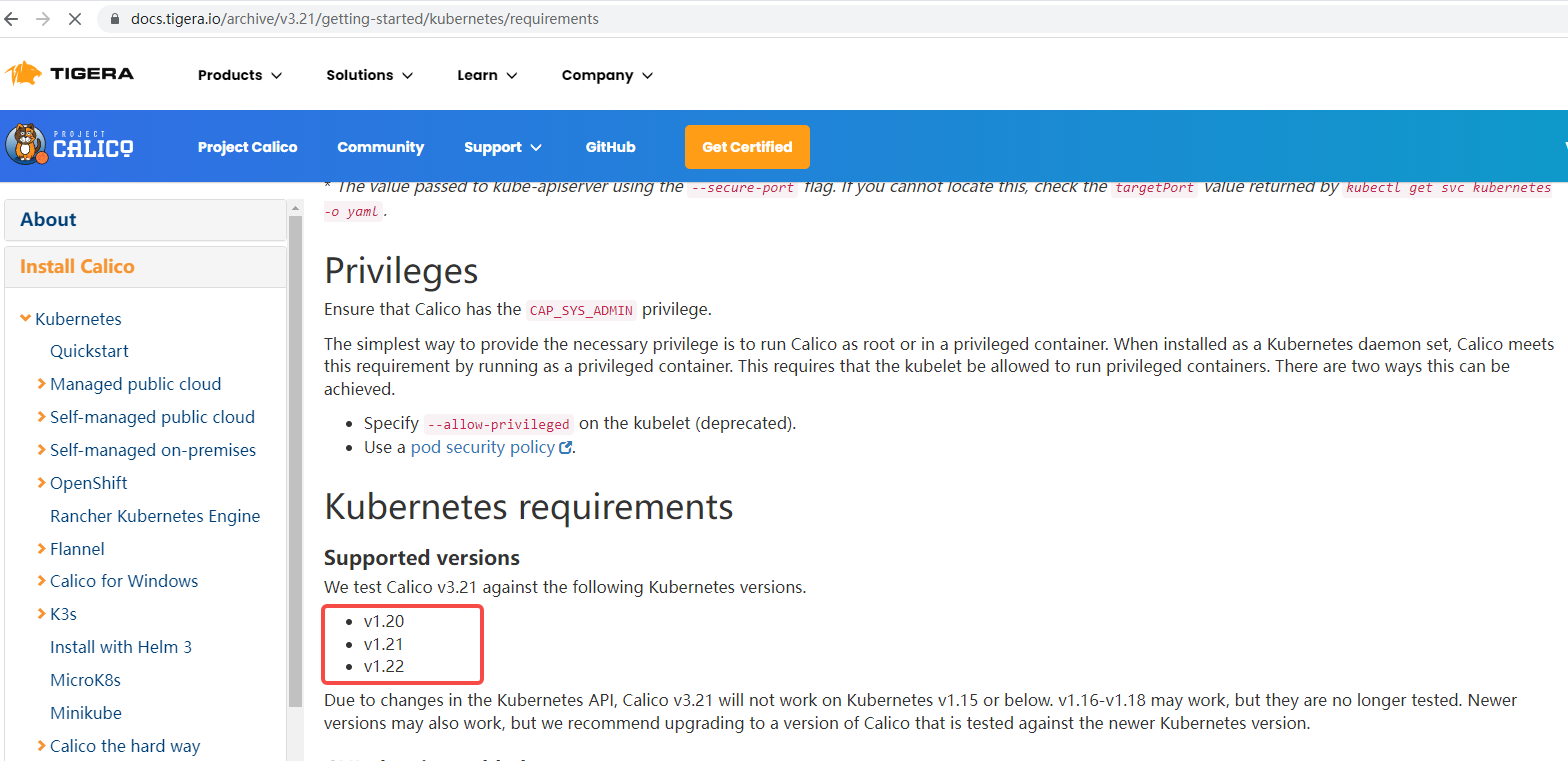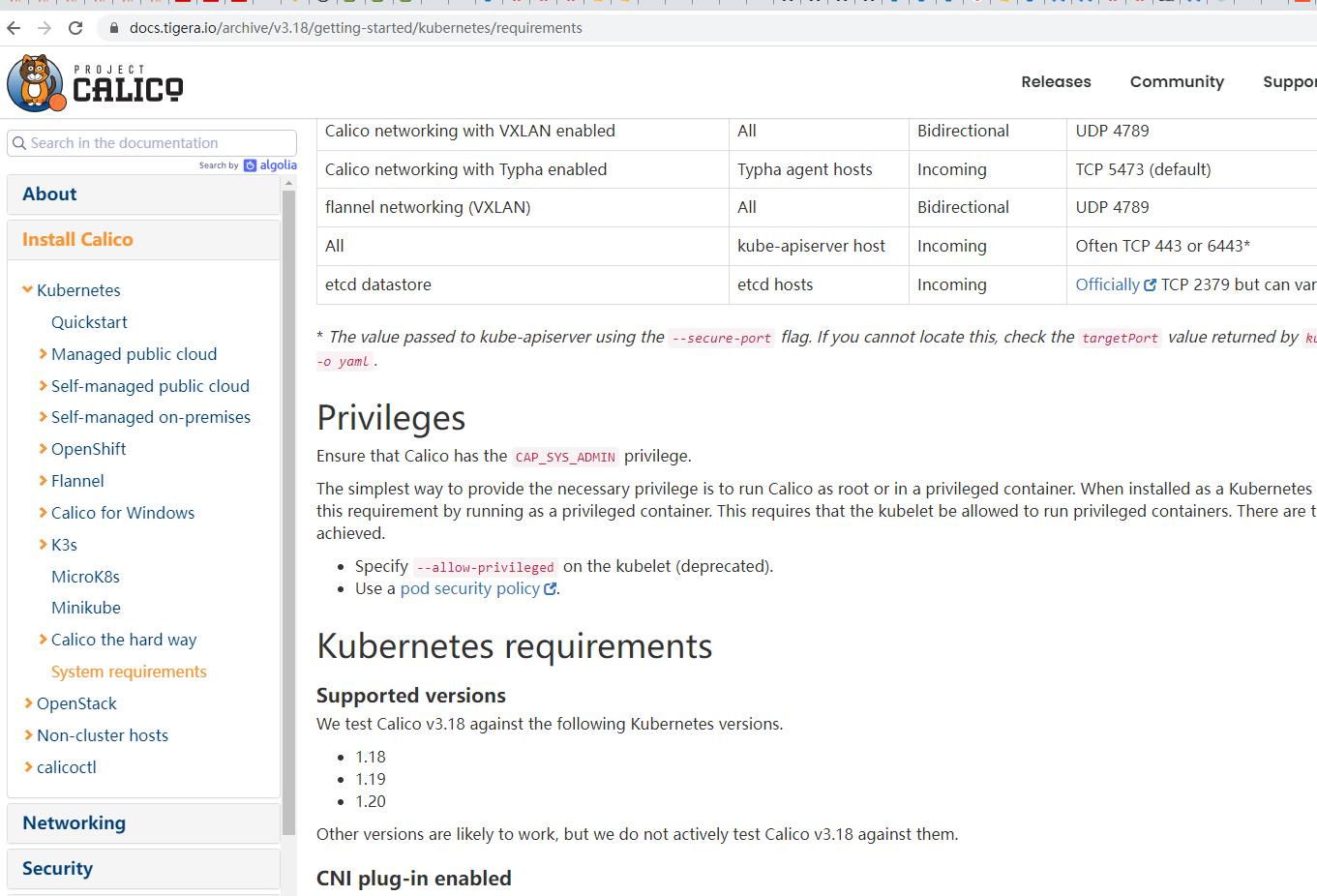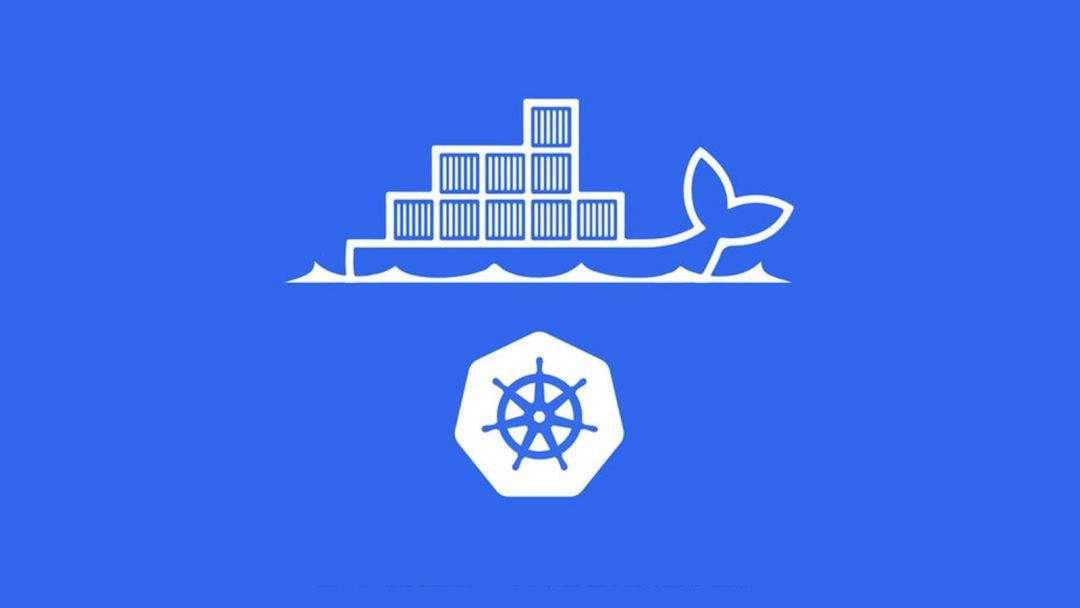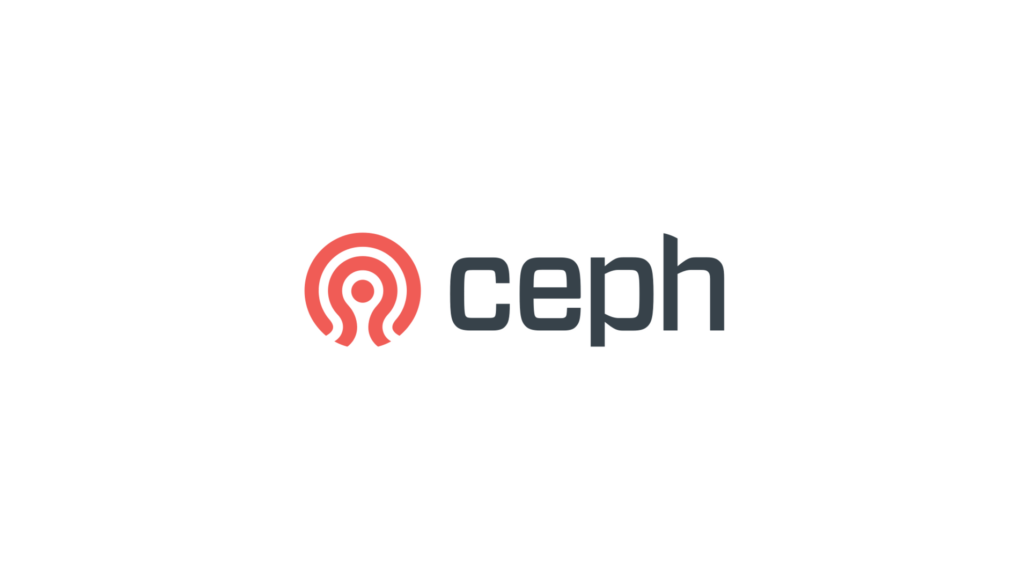Calico官网介绍,注意版本对应关系
https://docs.tigera.io/archive
calico-v3.21兼容K8Sv1.20-1.22
https://docs.tigera.io/archive/v3.21/getting-started/kubernetes/requirements

calico-v3.18兼容K8Sv1.18-1.20
https://docs.tigera.io/archive/v3.18/getting-started/kubernetes/requirements

流程
#添加kubelet参数
vim /lib/systemd/system/kubelet.service
--network-plugin=cni --cni-conf-dir=/etc/cni/net.d --cni-bin-dir=/opt/cni/bin
curl https://docs.projectcalico.org/archive/v3.18/manifests/calico-etcd.yaml -O
#修改yaml文件
vim calico-etcd.yaml
#1.注释原有通过configmap创建secret,使用挂载宿主机的etcd密钥。这里是daemonset类型,即是calico的。
# Mount in the etcd TLS secrets with mode 400.
# See https://kubernetes.io/docs/concepts/configuration/secret/
#- name: etcd-certs
# secret:
# secretName: calico-etcd-secrets
# defaultMode: 0400
- name: etcd-certs
hostPath:
path: /etc/etcd/ssl/
#2.修改pod的网段
# The default IPv4 pool to create on startup if none exists. Pod IPs will be
# chosen from this range. Changing this value after installation will have
# no effect. This should fall within `--cluster-cidr`.
- name: CALICO_IPV4POOL_CIDR
value: "172.17.0.0/16"
#3.配置新增apiserver的环境变量
containers:
# Runs calico-node container on each Kubernetes node. This
# container programs network policy and routes on each
# host.
- name: calico-node
image: reg.fpdev.tech/proxy/calico/node:v3.18.6
envFrom:
- configMapRef:
# Allow KUBERNETES_SERVICE_HOST and KUBERNETES_SERVICE_PORT to be overridden for eBPF mode.
name: kubernetes-services-endpoint
optional: true
env:
- name: KUBERNETES_SERVICE_HOST
value: "10.7.0.60"
- name: KUBERNETES_SERVICE_PORT
value: "6443"
- name: KUBERNETES_SERVICE_PORT_HTTPS
value: "6443"
#4.修改configmap挂载的数据,注意要对应实际的etcd密钥文件名字
data:
# Configure this with the location of your etcd cluster.
etcd_endpoints: "https://10.7.0.60:2379,https://10.7.0.61:2379,https://10.7.0.62:2379"
# If you're using TLS enabled etcd uncomment the following.
# You must also populate the Secret below with these files.
etcd_ca: "/calico-secrets/ca.pem"
etcd_cert: "/calico-secrets/server.pem"
etcd_key: "/calico-secrets/server-key.pem"
#5.这里还需要修改deployment类型,calico-controller控制器的挂载点。
volumes:
# Mount in the etcd TLS secrets with mode 400.
# See https://kubernetes.io/docs/concepts/configuration/secret/
#- name: etcd-certs
# secret:
# secretName: calico-etcd-secrets
# defaultMode: 0400
- name : etcd-certs
hostPath:
path: /etc/etcd/ssl
#6,注意每个worker节点都要授权755,否则控制器会提示无权限!
chmod 755 /etc/etcd/ssl/*
#然后部署calico,再重启kubelet
kubectl apply -f calico-etcd.yaml
#等待calico启动成功后,去worker节点测试跨节点pod通讯是否正常。随便部署几个pod
---
apiVersion: v1
kind: Service
metadata:
name: nginx-svc
spec:
selector:
app: nginx
ports:
- protocol: TCP
port: 80
targetPort: 80
---
apiVersion: apps/v1
kind: nginx
metadata:
name: nginx
spec:
replicas: 3
selector:
matchLabels:
app: nginx
template:
metadata:
labels:
app: nginx
spec:
containers:
- name: nginx
image: nginx
---
apiVersion: networking.k8s.io/v1
kind: NetworkPolicy
metadata:
name: deny-nginx
spec:
podSelector:
matchLabels:
app: nginx
#正常后,重启kubelet的参数生效
systemctl daemon-reload
systemctl restart kubelet
##下面是修改好的yaml文件
---
# Source: calico/templates/calico-etcd-secrets.yaml
# The following contains k8s Secrets for use with a TLS enabled etcd cluster.
# For information on populating Secrets, see http://kubernetes.io/docs/user-guide/secrets/
apiVersion: v1
kind: Secret
type: Opaque
metadata:
name: calico-etcd-secrets
namespace: kube-system
data:
# Populate the following with etcd TLS configuration if desired, but leave blank if
# not using TLS for etcd.
# The keys below should be uncommented and the values populated with the base64
# encoded contents of each file that would be associated with the TLS data.
# Example command for encoding a file contents: cat <file> | base64 -w 0
# etcd-key: null
# etcd-cert: null
# etcd-ca: null
---
# Source: calico/templates/calico-config.yaml
# This ConfigMap is used to configure a self-hosted Calico installation.
kind: ConfigMap
apiVersion: v1
metadata:
name: calico-config
namespace: kube-system
data:
# Configure this with the location of your etcd cluster.
etcd_endpoints: "https://10.7.0.60:2379,https://10.7.0.61:2379,https://10.7.0.62:2379"
# If you're using TLS enabled etcd uncomment the following.
# You must also populate the Secret below with these files.
etcd_ca: "/calico-secrets/ca.pem"
etcd_cert: "/calico-secrets/server.pem"
etcd_key: "/calico-secrets/server-key.pem"
# Typha is disabled.
typha_service_name: "none"
# Configure the backend to use.
calico_backend: "bird"
# Configure the MTU to use for workload interfaces and tunnels.
# By default, MTU is auto-detected, and explicitly setting this field should not be required.
# You can override auto-detection by providing a non-zero value.
veth_mtu: "0"
# The CNI network configuration to install on each node. The special
# values in this config will be automatically populated.
cni_network_config: |-
{
"name": "k8s-pod-network",
"cniVersion": "0.3.1",
"plugins": [
{
"type": "calico",
"log_level": "info",
"log_file_path": "/var/log/calico/cni/cni.log",
"etcd_endpoints": "__ETCD_ENDPOINTS__",
"etcd_key_file": "__ETCD_KEY_FILE__",
"etcd_cert_file": "__ETCD_CERT_FILE__",
"etcd_ca_cert_file": "__ETCD_CA_CERT_FILE__",
"mtu": __CNI_MTU__,
"ipam": {
"type": "calico-ipam"
},
"policy": {
"type": "k8s"
},
"kubernetes": {
"kubeconfig": "__KUBECONFIG_FILEPATH__"
}
},
{
"type": "portmap",
"snat": true,
"capabilities": {"portMappings": true}
},
{
"type": "bandwidth",
"capabilities": {"bandwidth": true}
}
]
}
---
# Source: calico/templates/calico-kube-controllers-rbac.yaml
# Include a clusterrole for the kube-controllers component,
# and bind it to the calico-kube-controllers serviceaccount.
kind: ClusterRole
apiVersion: rbac.authorization.k8s.io/v1
metadata:
name: calico-kube-controllers
rules:
# Pods are monitored for changing labels.
# The node controller monitors Kubernetes nodes.
# Namespace and serviceaccount labels are used for policy.
- apiGroups: [""]
resources:
- pods
- nodes
- namespaces
- serviceaccounts
verbs:
- watch
- list
- get
# Watch for changes to Kubernetes NetworkPolicies.
- apiGroups: ["networking.k8s.io"]
resources:
- networkpolicies
verbs:
- watch
- list
---
kind: ClusterRoleBinding
apiVersion: rbac.authorization.k8s.io/v1
metadata:
name: calico-kube-controllers
roleRef:
apiGroup: rbac.authorization.k8s.io
kind: ClusterRole
name: calico-kube-controllers
subjects:
- kind: ServiceAccount
name: calico-kube-controllers
namespace: kube-system
---
---
# Source: calico/templates/calico-node-rbac.yaml
# Include a clusterrole for the calico-node DaemonSet,
# and bind it to the calico-node serviceaccount.
kind: ClusterRole
apiVersion: rbac.authorization.k8s.io/v1
metadata:
name: calico-node
rules:
# The CNI plugin needs to get pods, nodes, and namespaces.
- apiGroups: [""]
resources:
- pods
- nodes
- namespaces
verbs:
- get
- apiGroups: [""]
resources:
- endpoints
- services
verbs:
# Used to discover service IPs for advertisement.
- watch
- list
# Pod CIDR auto-detection on kubeadm needs access to config maps.
- apiGroups: [""]
resources:
- configmaps
verbs:
- get
- apiGroups: [""]
resources:
- nodes/status
verbs:
# Needed for clearing NodeNetworkUnavailable flag.
- patch
---
apiVersion: rbac.authorization.k8s.io/v1
kind: ClusterRoleBinding
metadata:
name: calico-node
roleRef:
apiGroup: rbac.authorization.k8s.io
kind: ClusterRole
name: calico-node
subjects:
- kind: ServiceAccount
name: calico-node
namespace: kube-system
---
# Source: calico/templates/calico-node.yaml
# This manifest installs the calico-node container, as well
# as the CNI plugins and network config on
# each master and worker node in a Kubernetes cluster.
kind: DaemonSet
apiVersion: apps/v1
metadata:
name: calico-node
namespace: kube-system
labels:
k8s-app: calico-node
spec:
selector:
matchLabels:
k8s-app: calico-node
updateStrategy:
type: RollingUpdate
rollingUpdate:
maxUnavailable: 1
template:
metadata:
labels:
k8s-app: calico-node
spec:
nodeSelector:
kubernetes.io/os: linux
hostNetwork: true
tolerations:
# Make sure calico-node gets scheduled on all nodes.
- effect: NoSchedule
operator: Exists
# Mark the pod as a critical add-on for rescheduling.
- key: CriticalAddonsOnly
operator: Exists
- effect: NoExecute
operator: Exists
serviceAccountName: calico-node
# Minimize downtime during a rolling upgrade or deletion; tell Kubernetes to do a "force
# deletion": https://kubernetes.io/docs/concepts/workloads/pods/pod/#termination-of-pods.
terminationGracePeriodSeconds: 0
priorityClassName: system-node-critical
initContainers:
# This container installs the CNI binaries
# and CNI network config file on each node.
- name: install-cni
image: reg.fpdev.tech/proxy/calico/cni:v3.18.6
command: ["/opt/cni/bin/install"]
envFrom:
- configMapRef:
# Allow KUBERNETES_SERVICE_HOST and KUBERNETES_SERVICE_PORT to be overridden for eBPF mode.
name: kubernetes-services-endpoint
optional: true
env:
# Name of the CNI config file to create.
- name: CNI_CONF_NAME
value: "10-calico.conflist"
# The CNI network config to install on each node.
- name: CNI_NETWORK_CONFIG
valueFrom:
configMapKeyRef:
name: calico-config
key: cni_network_config
# The location of the etcd cluster.
- name: ETCD_ENDPOINTS
valueFrom:
configMapKeyRef:
name: calico-config
key: etcd_endpoints
# CNI MTU Config variable
- name: CNI_MTU
valueFrom:
configMapKeyRef:
name: calico-config
key: veth_mtu
# Prevents the container from sleeping forever.
- name: SLEEP
value: "false"
volumeMounts:
- mountPath: /host/opt/cni/bin
name: cni-bin-dir
- mountPath: /host/etc/cni/net.d
name: cni-net-dir
- mountPath: /calico-secrets
name: etcd-certs
securityContext:
privileged: true
# Adds a Flex Volume Driver that creates a per-pod Unix Domain Socket to allow Dikastes
# to communicate with Felix over the Policy Sync API.
- name: flexvol-driver
image: reg.fpdev.tech/proxy/calico/pod2daemon-flexvol:v3.18.6
volumeMounts:
- name: flexvol-driver-host
mountPath: /host/driver
securityContext:
privileged: true
containers:
# Runs calico-node container on each Kubernetes node. This
# container programs network policy and routes on each
# host.
- name: calico-node
image: reg.fpdev.tech/proxy/calico/node:v3.18.6
envFrom:
- configMapRef:
# Allow KUBERNETES_SERVICE_HOST and KUBERNETES_SERVICE_PORT to be overridden for eBPF mode.
name: kubernetes-services-endpoint
optional: true
env:
- name: KUBERNETES_SERVICE_HOST
value: "10.7.0.60"
- name: KUBERNETES_SERVICE_PORT
value: "6443"
- name: KUBERNETES_SERVICE_PORT_HTTPS
value: "6443"
# The location of the etcd cluster.
- name: ETCD_ENDPOINTS
valueFrom:
configMapKeyRef:
name: calico-config
key: etcd_endpoints
# Location of the CA certificate for etcd.
- name: ETCD_CA_CERT_FILE
valueFrom:
configMapKeyRef:
name: calico-config
key: etcd_ca
# Location of the client key for etcd.
- name: ETCD_KEY_FILE
valueFrom:
configMapKeyRef:
name: calico-config
key: etcd_key
# Location of the client certificate for etcd.
- name: ETCD_CERT_FILE
valueFrom:
configMapKeyRef:
name: calico-config
key: etcd_cert
# Set noderef for node controller.
- name: CALICO_K8S_NODE_REF
valueFrom:
fieldRef:
fieldPath: spec.nodeName
# Choose the backend to use.
- name: CALICO_NETWORKING_BACKEND
valueFrom:
configMapKeyRef:
name: calico-config
key: calico_backend
# Cluster type to identify the deployment type
- name: CLUSTER_TYPE
value: "k8s,bgp"
# Auto-detect the BGP IP address.
- name: IP
value: "autodetect"
# Enable IPIP
- name: CALICO_IPV4POOL_IPIP
value: "Always"
# Enable or Disable VXLAN on the default IP pool.
- name: CALICO_IPV4POOL_VXLAN
value: "Never"
# Set MTU for tunnel device used if ipip is enabled
- name: FELIX_IPINIPMTU
valueFrom:
configMapKeyRef:
name: calico-config
key: veth_mtu
# Set MTU for the VXLAN tunnel device.
- name: FELIX_VXLANMTU
valueFrom:
configMapKeyRef:
name: calico-config
key: veth_mtu
# Set MTU for the Wireguard tunnel device.
- name: FELIX_WIREGUARDMTU
valueFrom:
configMapKeyRef:
name: calico-config
key: veth_mtu
# The default IPv4 pool to create on startup if none exists. Pod IPs will be
# chosen from this range. Changing this value after installation will have
# no effect. This should fall within `--cluster-cidr`.
- name: CALICO_IPV4POOL_CIDR
value: "172.17.0.0/16"
#Disable file logging so `kubectl logs` works.
- name: CALICO_DISABLE_FILE_LOGGING
value: "true"
# Set Felix endpoint to host default action to ACCEPT.
- name: FELIX_DEFAULTENDPOINTTOHOSTACTION
value: "ACCEPT"
# Disable IPv6 on Kubernetes.
- name: FELIX_IPV6SUPPORT
value: "false"
# Set Felix logging to "info"
- name: FELIX_LOGSEVERITYSCREEN
value: "info"
- name: FELIX_HEALTHENABLED
value: "true"
securityContext:
privileged: true
resources:
requests:
cpu: 250m
livenessProbe:
exec:
command:
- /bin/calico-node
- -felix-live
- -bird-live
periodSeconds: 10
initialDelaySeconds: 10
failureThreshold: 6
readinessProbe:
exec:
command:
- /bin/calico-node
- -felix-ready
- -bird-ready
periodSeconds: 10
volumeMounts:
- mountPath: /lib/modules
name: lib-modules
readOnly: true
- mountPath: /run/xtables.lock
name: xtables-lock
readOnly: false
- mountPath: /var/run/calico
name: var-run-calico
readOnly: false
- mountPath: /var/lib/calico
name: var-lib-calico
readOnly: false
- mountPath: /calico-secrets
name: etcd-certs
- name: policysync
mountPath: /var/run/nodeagent
# For eBPF mode, we need to be able to mount the BPF filesystem at /sys/fs/bpf so we mount in the
# parent directory.
- name: sysfs
mountPath: /sys/fs/
# Bidirectional means that, if we mount the BPF filesystem at /sys/fs/bpf it will propagate to the host.
# If the host is known to mount that filesystem already then Bidirectional can be omitted.
mountPropagation: Bidirectional
- name: cni-log-dir
mountPath: /var/log/calico/cni
readOnly: true
volumes:
# Used by calico-node.
- name: lib-modules
hostPath:
path: /lib/modules
- name: var-run-calico
hostPath:
path: /var/run/calico
- name: var-lib-calico
hostPath:
path: /var/lib/calico
- name: xtables-lock
hostPath:
path: /run/xtables.lock
type: FileOrCreate
- name: sysfs
hostPath:
path: /sys/fs/
type: DirectoryOrCreate
# Used to install CNI.
- name: cni-bin-dir
hostPath:
path: /opt/cni/bin
- name: cni-net-dir
hostPath:
path: /etc/cni/net.d
# Used to access CNI logs.
- name: cni-log-dir
hostPath:
path: /var/log/calico/cni
# Mount in the etcd TLS secrets with mode 400.
# See https://kubernetes.io/docs/concepts/configuration/secret/
#- name: etcd-certs
# secret:
# secretName: calico-etcd-secrets
# defaultMode: 0400
- name: etcd-certs
hostPath:
path: /etc/etcd/ssl/
# Used to create per-pod Unix Domain Sockets
- name: policysync
hostPath:
type: DirectoryOrCreate
path: /var/run/nodeagent
# Used to install Flex Volume Driver
- name: flexvol-driver-host
hostPath:
type: DirectoryOrCreate
path: /usr/libexec/kubernetes/kubelet-plugins/volume/exec/nodeagent~uds
---
apiVersion: v1
kind: ServiceAccount
metadata:
name: calico-node
namespace: kube-system
---
# Source: calico/templates/calico-kube-controllers.yaml
# See https://github.com/projectcalico/kube-controllers
apiVersion: apps/v1
kind: Deployment
metadata:
name: calico-kube-controllers
namespace: kube-system
labels:
k8s-app: calico-kube-controllers
spec:
# The controllers can only have a single active instance.
replicas: 1
selector:
matchLabels:
k8s-app: calico-kube-controllers
strategy:
type: Recreate
template:
metadata:
name: calico-kube-controllers
namespace: kube-system
labels:
k8s-app: calico-kube-controllers
spec:
nodeSelector:
kubernetes.io/os: linux
tolerations:
# Mark the pod as a critical add-on for rescheduling.
- key: CriticalAddonsOnly
operator: Exists
- key: node-role.kubernetes.io/master
effect: NoSchedule
serviceAccountName: calico-kube-controllers
priorityClassName: system-cluster-critical
# The controllers must run in the host network namespace so that
# it isn't governed by policy that would prevent it from working.
hostNetwork: true
containers:
- name: calico-kube-controllers
image: reg.fpdev.tech/proxy/calico/kube-controllers:v3.18.6
env:
# The location of the etcd cluster.
- name: ETCD_ENDPOINTS
valueFrom:
configMapKeyRef:
name: calico-config
key: etcd_endpoints
# Location of the CA certificate for etcd.
- name: ETCD_CA_CERT_FILE
valueFrom:
configMapKeyRef:
name: calico-config
key: etcd_ca
# Location of the client key for etcd.
- name: ETCD_KEY_FILE
valueFrom:
configMapKeyRef:
name: calico-config
key: etcd_key
# Location of the client certificate for etcd.
- name: ETCD_CERT_FILE
valueFrom:
configMapKeyRef:
name: calico-config
key: etcd_cert
# Choose which controllers to run.
- name: ENABLED_CONTROLLERS
value: policy,namespace,serviceaccount,workloadendpoint,node
volumeMounts:
# Mount in the etcd TLS secrets.
- mountPath: /calico-secrets
name: etcd-certs
readinessProbe:
exec:
command:
- /usr/bin/check-status
- -r
volumes:
# Mount in the etcd TLS secrets with mode 400.
# See https://kubernetes.io/docs/concepts/configuration/secret/
#- name: etcd-certs
# secret:
# secretName: calico-etcd-secrets
# defaultMode: 0400
- name : etcd-certs
hostPath:
path: /etc/etcd/ssl
---
apiVersion: v1
kind: ServiceAccount
metadata:
name: calico-kube-controllers
namespace: kube-system
---
# This manifest creates a Pod Disruption Budget for Controller to allow K8s Cluster Autoscaler to evict
apiVersion: policy/v1beta1
kind: PodDisruptionBudget
metadata:
name: calico-kube-controllers
namespace: kube-system
labels:
k8s-app: calico-kube-controllers
spec:
maxUnavailable: 1
selector:
matchLabels:
k8s-app: calico-kube-controllers


